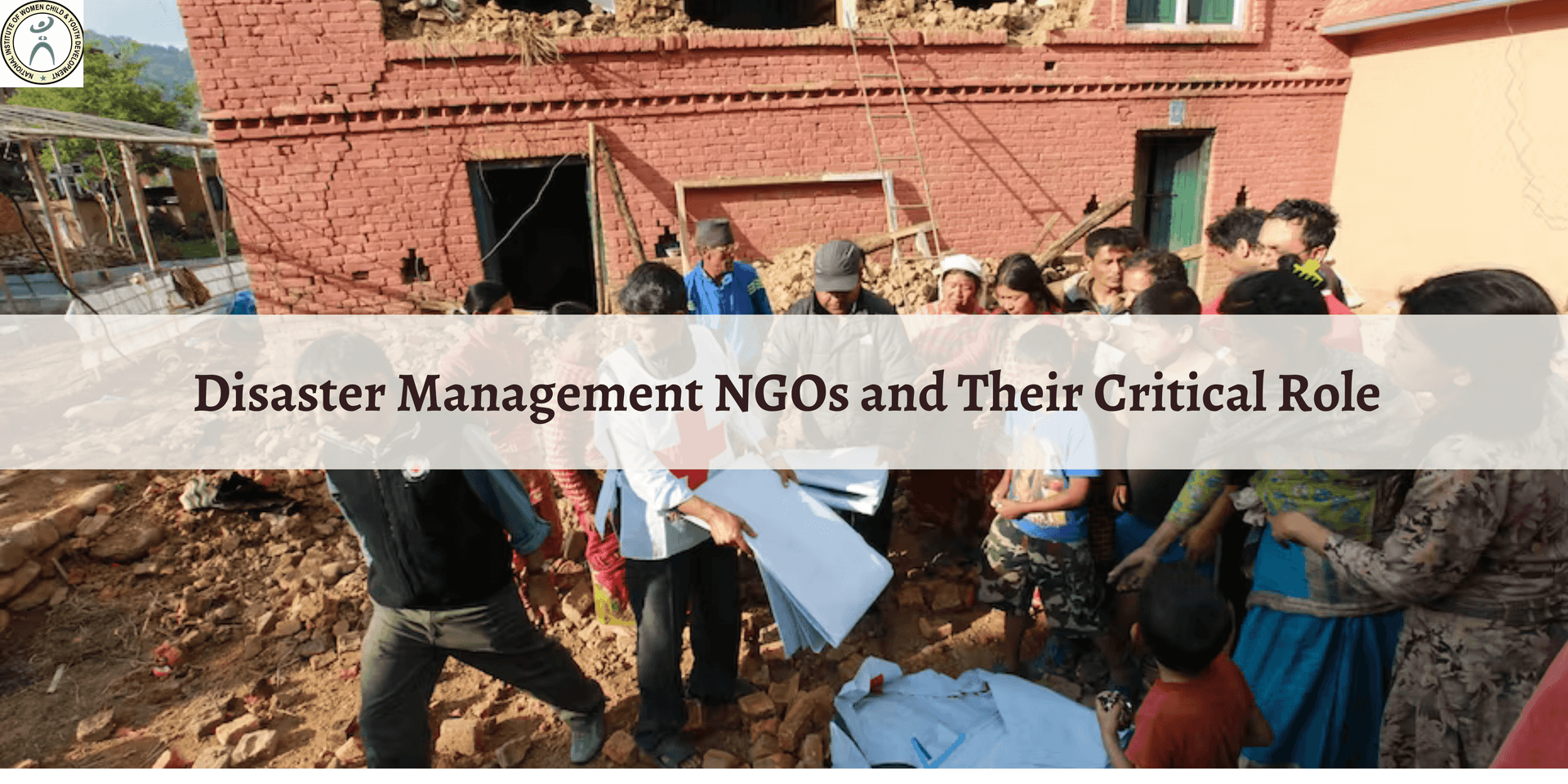
Disaster Management Ngos and Their Critical Role
In a constantly evolving world, marked by both natural and human-made disasters, the significance of Disaster Management NGOs (Non-Governmental Organizations) has grown substantially. These organizations serve as essential actors in readiness, response, and recovery when faced with disasters, regardless of their scale or origin. Within this article, we will delve into the noteworthy contributions and roles of Disaster management NGOs, underscoring their irreplaceable position in disaster preparedness and relief endeavors.
Introduction
Disasters, be they of natural or human origin, possess the potential for catastrophic impacts on communities, economies, and the environment. During such challenging circumstances, the rapid and efficient intervention of disaster management NGOs can truly be a lifesaving game-changer.
The Emergence of Disaster Management NGOs
The demand for specialized entities equipped to address disasters gave rise to disaster management NGOs. These organizations are wholly committed to the facets of disaster readiness, immediate response, subsequent recovery, and the crucial task of reducing disaster risk.
Disaster Preparedness and Mitigation
A fundamental role carried out by disaster management NGOs revolves around equipping communities for potential disasters. This entails evaluating risks, establishing early warning mechanisms, and formulating disaster readiness blueprints. Additionally, these organizations actively partake in mitigation initiatives aimed at lessening the impact of impending disasters.
Rapid Response and Relief
In times of disaster, NGOs often take on the role of initial responders on the scene. They promptly deliver vital aid, encompassing essentials like food, water, shelter, and medical care to communities in distress. Their swift intervention can be a lifesaver and offer respite from suffering.
Rehabilitation and Recovery
Disaster management NGOs are not limited to immediate relief. They stay engaged in affected areas for the long term, helping communities rebuild their lives, homes, and infrastructure. This phase is crucial for restoring normalcy.
Advocacy and Awareness
NGOs engaged in disaster management also actively champion policies and strategies aimed at diminishing disaster risk while fostering resilience. They play a significant role in spreading awareness about disaster preparedness and the critical value of community engagement.
Capacity Building
Building the capacity of local communities and governments is an essential aspect of disaster management. NGOs provide training, technical support, and resources to empower communities to handle disasters more effectively.
Collaboration and Coordination
Disasters often require a coordinated response from multiple organizations and agencies. Disaster management NGOs collaborate with government bodies, international organizations, and other NGOs to ensure a unified and efficient response.
Challenges Faced by Disaster Management NGOs
While their work is undeniably vital, disaster management NGOs face challenges such as resource constraints, logistical difficulties, and the increasing frequency and intensity of disasters due to climate change.
Conclusion
In conclusion, disaster management NGOs are indispensable in the face of disasters. Their multifaceted roles encompass preparedness, response, recovery, advocacy, and capacity building. Their contributions are essential for saving lives and helping communities bounce back from adversity.
Appreciate the creator